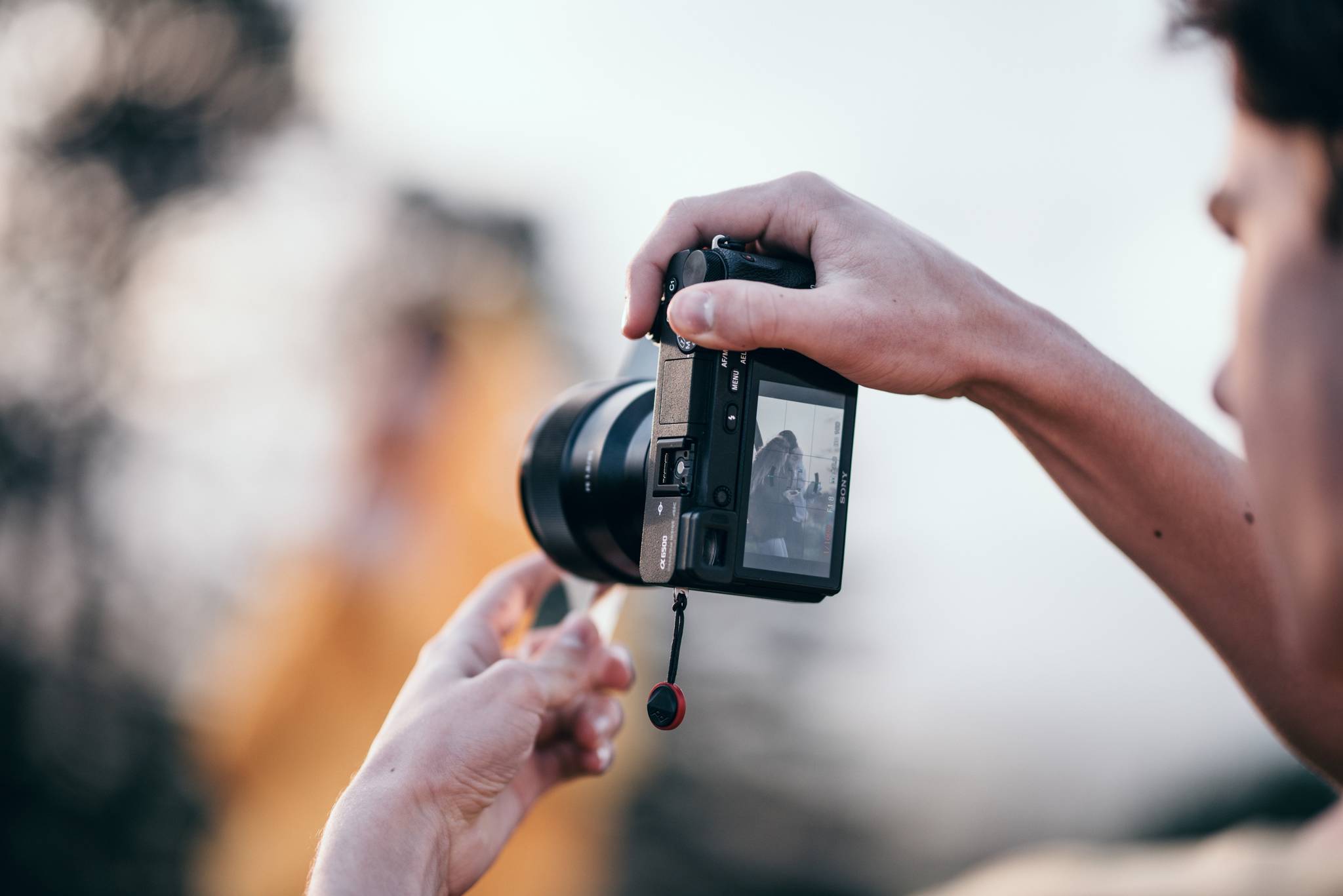To the older, tall, white, goateed artist at my neighborhood café who has twice now let me know that he has taken my image with pen and paper: Please stop.
I get it that you didn’t think you were doing anything wrong, and so I’d like to take the opportunity to educate you.
You told me, “You make a good model.” You know what a model is? An object. You probably never thought about the possibility, but: Since almost the time I was born until our interaction a few hours ago, I have had to deal with white people (mostly men) brazenly asking me questions about my origins as well as informing me what they assume about my background. You’re not the only one to single me out because of how I look. Another recent example is when a surgeon at work felt he had the permission to ask me about my origins in front of other coworkers, in order to springboard from my answers to his own drunken experiences in my country of origin when he was in the military. I tried to let him know privately that his doing so had been uncomfortable for me. The word, “uncomfortable” had barely been out of my mouth when he turned around and, as he rapidly walked away from me, he spat out, “OK! I won’t talk about that anymore!” It’s pertinent, of course, that he is also tall, white and middle-aged.
His distillation of my communicating my discomfort into the response of “I won’t do that anymore … let’s stop talking about this” is both an oversimplification and negation of my experience. Let’s face it: Your demographic will never know what it’s like to have to ward off unwanted attention of this nature, to try to accept awkward social situations in which your race and gender are the focal points, or to have to grapple with whether to address the words and behavior of those expressing their ignorance.
You don’t have to deal with being in the position of not wanting to accept someone’s prurience disguised as “curiosity” or “appreciation,” and therefore you don’t know what it’s like to be in the position of being “offended.” If I don’t answer right away, people immediately say “I don’t mean to offend you,” which is actually an insult hiding under the facade of apology. We all know that, in our society, being “easily offended” is a liability, rather than, say, a response to someone’s thoughtless words or actions. Know that my hesitation is me still trying to figure out a way to convey in a succinct, understandable way that what you are doing is ignorant and myoptic, but in a polite and acceptable manner.
Next time: Get someone’s permission to draw them. Don’t assume that they think it’s okay. Don’t assume that they want a copy, and that, once you show them the drawing you’ve taken of them, that they will naturally want to take a picture. Don’t assume that, if they don’t have their phone with them, that they will give you their number so that you can text a photo to them. Don’t assume that they actually like what you’ve created, using their image. Don’t assume that, because you have labeled yourself an artist, that you have unquestionable permission to use someone’s image.
Even if mine is just one of thousands of portraits of those you know who have given you permission, it doesn’t excuse you in my situation. I know that many reading this essay will immediately empathize with you, thinking and saying, “He didn’t mean it … he was probably just ____.” It doesn’t matter. Here, in the land of the Tlingit and Haida, it’s time for the “majority” to recognize what you are doing, what has been accepted in the past, and how to be better. It’s time to listen, learn and change. Artist, you can help.
• Katie Church resides in Juneau. Columns, My Turns and Letters to the Editor represent the view of the author, not the view of the Juneau Empire.

